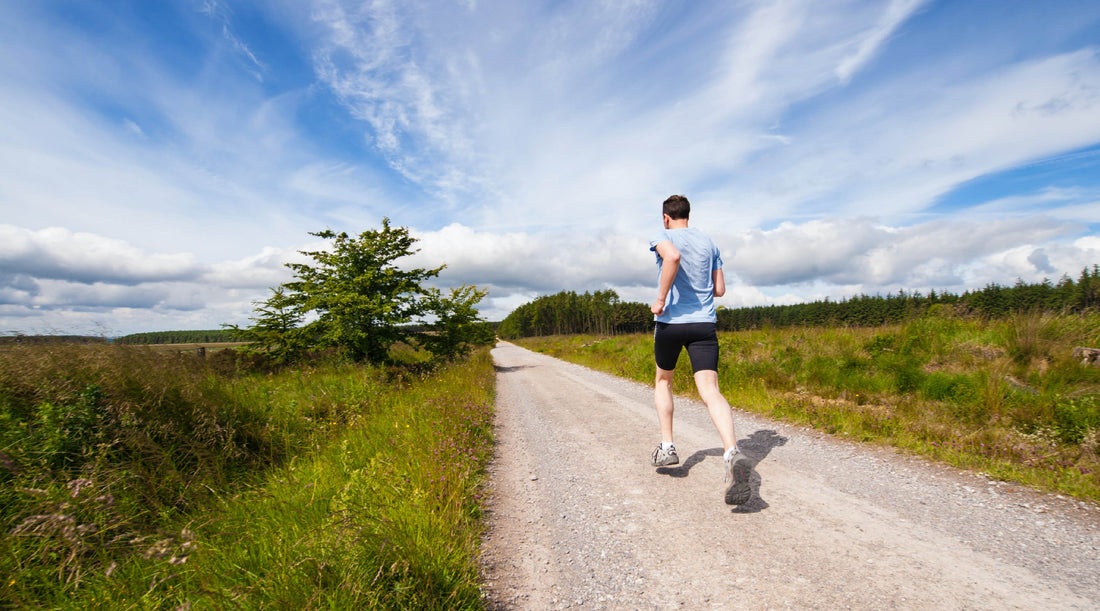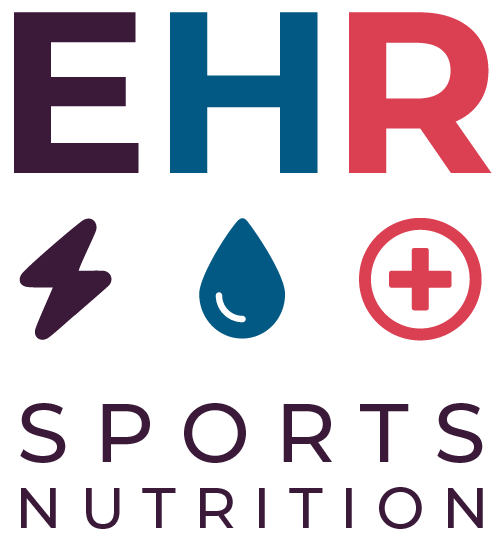
An Introduction to Nutrition Guide For Runners
Share
Eat before you run
Before you lace up your shoes and hit the pavement, it's important to make sure you have enough fuel in your tank. Eating a healthy snack before you run can give you the energy you need to power through your workout. There are lots of great options to choose from, including a banana, an energy bar, a smoothie, or yoghurt. And if you're feeling really hungry, a bagel with peanut butter is a great way to start your run. So don't forget to eat before you head out the door - your body will thank you for it!
What to eat while running
energy gels - While there are a lot of different opinions on what is the best thing to eat while running, energy gels are definitely one of the most popular options. Energy gels are designed to give you a quick burst of energy, and many also contain caffeine for an extra boost. They're easy to carry with you on a run, and they don't require any preparation. Just pop one open and drink it down. energy chews - Energy chews are another popular option for runners. Like energy gels, they're easy to carry and don't require any preparation. However, energy chews tend to be a little bit easier on the stomach than energy gels, making them a good choice if you're prone to gastrointestinal issues. hydration drink - In addition to energy-boosting foods, it's also important to stay hydrated while you're running. A good way to do this is to carry a hydration drink with you. These drinks are typically made with electrolytes and other minerals that help replace what you sweat out while running.
Eat after you run
It's always important to refuel after a run, especially if you're planning on running again soon. Recovery drinks, bars, and smoothies are great for this, as they provide your body with the nutrients it needs to replenish energy stores and repair muscles. Nuts and yoghurt are also good snacks to eat after a run, as they contain protein which can help to reduce muscle soreness. So next time you go for a run, make sure you eat something afterwards to help your body recover!
Hydration guide for runners
As any runner knows, staying properly hydrated is essential to a good run. But with so many different options out there, it can be hard to know what to drink and when. Here's a quick guide to help you stay properly hydrated on your next run.
Water is always the best option for quenching thirst and staying hydrated. But for runs lasting longer than an hour, a sports drink can also be a good idea. Sports drinks help to replenish electrolytes lost through sweat, and they also provide a bit of extra energy. Just be sure to choose one that isn't too high in sugar.
As a general rule, aim to drink about eight ounces of fluid every fifteen minutes or so during your run. And don't wait until you're thirsty to start drinking - by the time you feel thirsty, you're already dehydrated. Try carrying a water bottle with you on your run, or stash one along your route so you can grab it as needed. And make sure to drink plenty of fluids both before and after your run. By following these simple tips, you can help ensure that your next run is a success.
Supplements for runners
If you're a runner, you know that proper nutrition is essential to keeping your body in peak condition. In addition to eating a balanced diet, many runners also take supplements to help improve their performance and recovery. Creatine is a popular supplement that helps to increase muscle mass and strength. Vitamin D is another common supplement, as it helps the body absorb calcium and promotes bone health. Protein powder is often used by runners to help rebuild muscles after a workout, while magnesium can help prevent cramps and fatigue. Omega-3 supplements are also beneficial for runners, as they can help reduce inflammation and improve joint health.
Common injuries and how to prevent them
As any athlete knows, injuries are an unfortunate and all-too-common part of sports. However, there are several things that athletes can do to minimize their risk of injury. First and foremost, it is important to choose the right equipment. Good trainers are essential for providing support and cushioning for the feet, while also helping to improve balance and stability. In addition, it is important to warm up before exercising and to cool down afterwards. This helps to gradually increase the heart rate and prepare the muscles for activity. It is also crucial to fuel your body properly with a good diet. Eating foods that are high in protein and complex carbohydrates helps to promote muscle growth and repair. By following these simple guidelines, athletes can significantly reduce their risk of suffering an injury.
Conclusion
So, there you have it! Our guide to what to eat before, during and after a run. We hope this helps you stay fuelled and injury-free as you pound the pavement (or treadmill). Remember to always consult with your doctor or nutritionist if you have any specific questions or concerns about your diet. And be sure to check out our range of products that can help make your running experience even better - from energy bars and gels to hydration packs and supplements. Happy running!
